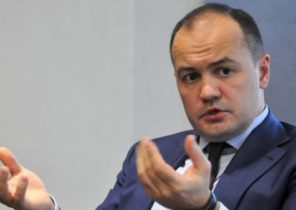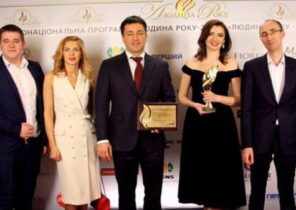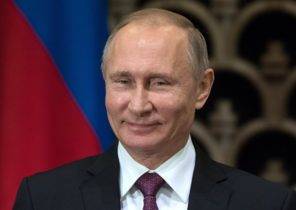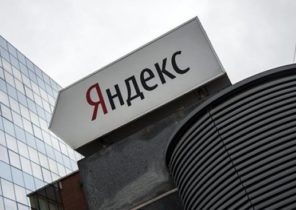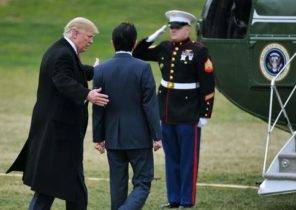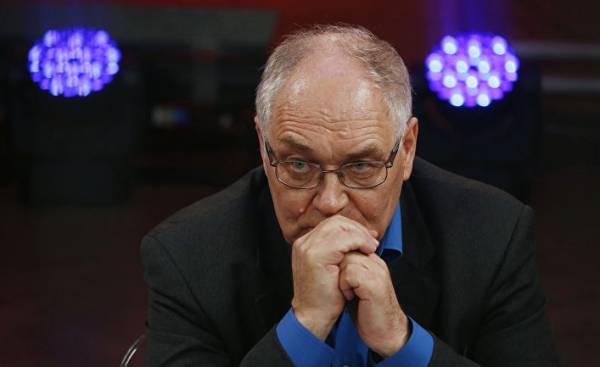
The study, “Friends and enemies of Russia”, there is a very long time. Respondents repeatedly asked questions with the request to call the closest friends and allies of the Russian Federation, as well as the most hostile to Russia countries.
Overall, there is a very clear separation. After Putin came to power there was a sharp increase of anti-Western tone. The hostility towards democracy, liberalism, human rights, etc. Accordingly, countries committed to building democratic systems and accession to the European Union, and usually become enemies.
Periodically they change, but in whole Baltic countries, the United States, as the traditional symbolic and potentially a military opponent. Sometimes in the first place went to Georgia, against whom was waged a serious propaganda on the eve of the Russo-Georgian war and after its end. Peak anti-Georgian propaganda has for 2009. But these anti-Georgian sentiment is gradually decreased.
It’s all about the propaganda, because it is extremely powerful and effective tool for the consolidation of Russian society around the government. On the basis of the image of the enemy.
But any country considered friends of Russia in the era of Putin’s rule? Like-minded and friendly countries Russians consider all authoritarian regimes: Belarus, Kazakhstan, China, Syria, Armenia, Cuba, Uzbekistan, Tajikistan, Azerbaijan, etc. But best of all, of course, are Belarus and China.
But the enemies of Russia is a democratic country and those who chose a different path. They can change, but the important common vector. As for Ukraine, it is periodically raised anti-Ukrainian propaganda that is associated with the Orange revolution, elections and candidates, which the Kremlin considered undesirable shapes. Well see how every four years wave of anti-Ukrainian sentiment has risen, and then subsided.
But, most importantly, was deployed after the Maidan: the incredible intensity and demagoguery campaign aimed not so much at Ukraine itself, how much domestic opposition. On their own liberals, Democrats, those who potentially would like the same reforms as Ukraine. It had a very strong effect and dramatically increased anti-Ukrainian sentiment. For three years, they remain roughly on the same level.
Can the attitude of Russians to Ukraine will also dramatically change for the better? It’s science fiction. The Putin regime is relatively stable, so it is unlikely that anything will change. Even assuming changes of the official Kremlin policy towards Ukraine, it is still the propaganda will be very deep impression. After all this propaganda used a very toxic resource.
Speaking in Kiev came to power, the fascists and Nazis, Putin raised the strata associated with the traumas of the Second world war and the struggle against fascism, and this is a very sensitive thing for the collective consciousness of Russians. And so it just cannot disappear. I’m afraid that the current attitude of Russians to Ukraine is for a long time.
